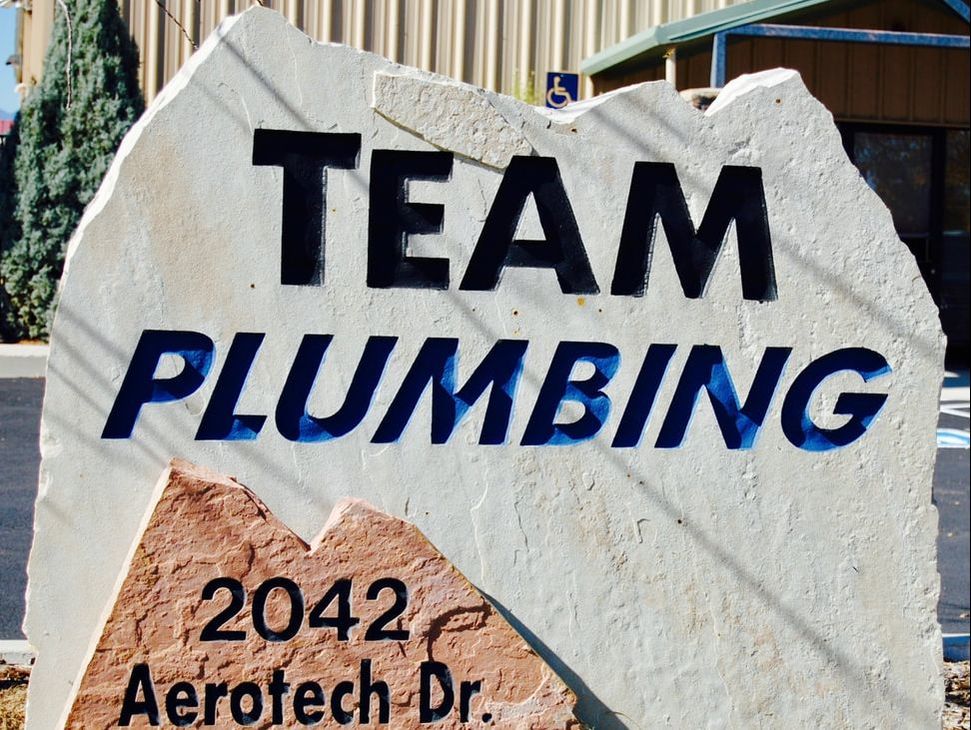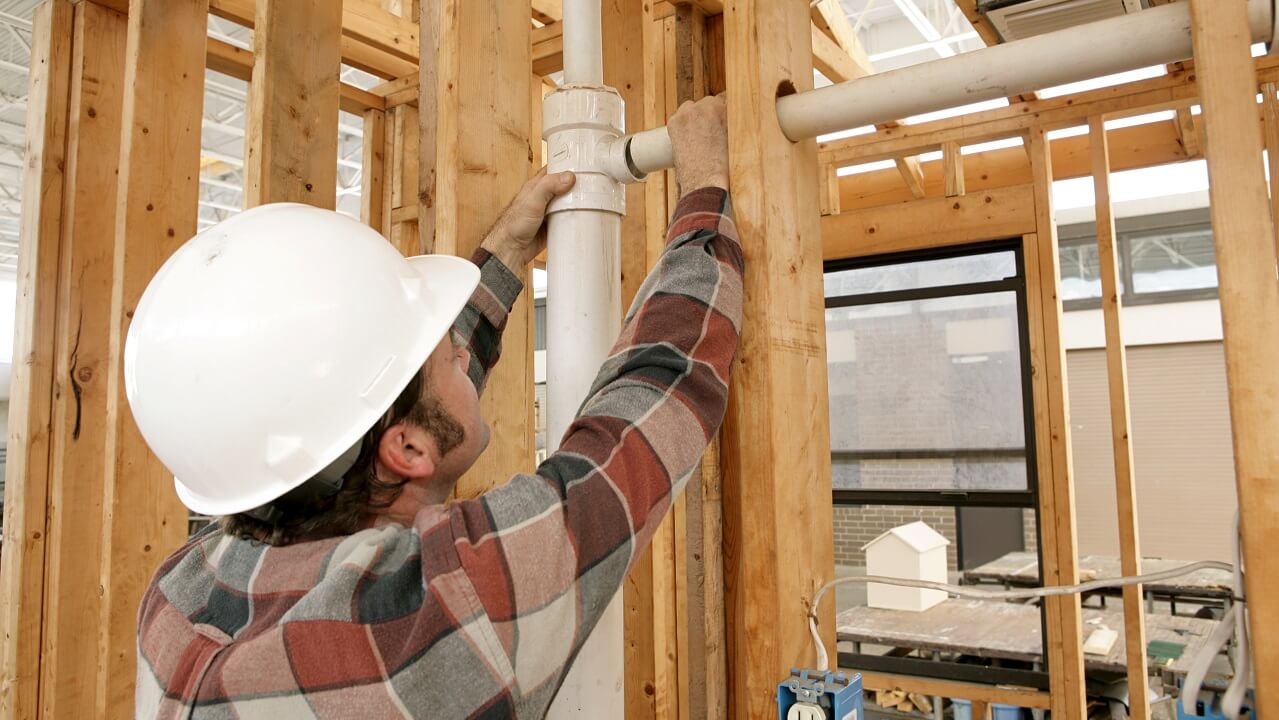When it comes to heating your home's water, you have actually obtained 2 sophisticated alternatives that guarantee performance and benefit. Tankless water heaters deliver warm water on demand, but can they actually outperform the energy-sipping expertise of heatpump? The solutions may stun you. Whether you're wanting to lower your utility costs or reduce your carbon footprint, the option between these two systems involves greater than fulfills the eye. To reveal the complete tale, you'll require to check out the information - from installation costs to lasting upkeep demands. The choice you make might have a considerable influence on your home's comfort and your wallet. my plumber
Tankless hot water heater are typically extra energy-efficient than traditional tank-style hot water heater, with a performance score of around 80-98% compared to 50-60% for tank water heaters. This suggests you'll take pleasure in significant energy financial savings with a tankless system. Because they just heat water as needed, there's no need to constantly preserve a full container of hot water, which can squander a great deal of power. Tankless versions are also much more operationally reliable, as they prevent standby warmth losses associated with tank-style heating units.
On the other hand, heat pumps can also be exceptionally energy-efficient, with effectiveness rankings of up to 300%. This is because they don't generate warmth directly however instead move it from the surrounding air. While the upfront price of a heatpump may be greater, the long-term power cost savings can make them a beneficial financial investment, particularly in milder environments.
Ultimately, one of the most energy-efficient alternative will certainly rely on your specific needs, climate, and budget plan.
The installation of tankless water heaters can show extra involved than their tank-based counterparts, usually calling for upgrades to electric or gas supply lines.
Similarly, heatpump may necessitate added ductwork or refrigerant lines, enhancing the overall task range and associated prices. Nonetheless, the potential long-lasting power cost savings of these systems can validate the ahead of time investment for numerous homeowners.
When it concerns setup obstacles, tankless versions typically need dedicated venting and larger gas lines to manage the greater heater capability. This can mean more complicated and pricey pipes and electric job.
Heat pumps, on the various other hand, may require extra room for the outside unit and alterations to your home's ductwork.
When it comes to expense aspects, tankless water heaters typically set you back more upfront than traditional storage tank models, with the cost often ranging from $1,000 to $3,000 for the unit and setup.
Heat pumps likewise carry a greater preliminary cost contrasted to standard HVAC systems, typically costing between $4,000 to $7,500 installed. However, the lasting energy financial savings can help counter these greater in advance costs.

Keeping both tankless water heaters and heatpump calls for periodic focus, though the details maintenance demands may differ. While tankless designs generally require routine flushing to prevent mineral accumulation, heatpump demand seasonal filter changes and periodic cooling agent top-ups. The frequency of these routine tasks can impact the general lifespan of the devices.
Tankless water heaters typically have a longer anticipated lifespan of 15-20 years, provided you stay on top of the suggested maintenance. Heat pumps, on the other hand, might need replacement every 10-15 years, depending upon usage and environmental elements. Proper treatment, such as annual tune-ups and punctual repair services, can expand the valuable life of both systems.
Eventually, recognizing the maintenance needs and substitute regularity for your certain water heating or HVAC option is crucial for making best use of efficiency and staying clear of unanticipated failures down the line. Remaining aggressive with maintenance is essential to obtaining the most out of your investment.
When choosing in between tankless hot water heater and heat pumps, you'll wish to ponder their environmental impact. Both systems have one-of-a-kind ramifications for power consumption and greenhouse gas emissions that can affect their eco-friendliness. Meticulously considering these variables can help you pick the water heating or HVAC option that best straightens with your sustainability objectives.
Tankless hot water heater are generally more energy-efficient than conventional storage tank versions, as they just heat water on demand. This can reduce your carbon impact by lessening thrown away power. Nevertheless, tankless heating units might count on gas or electrical energy, which can still contribute to greenhouse gas exhausts, relying on your regional power mix.
Heat pumps, on the various other hand, harness renewable energy from the surrounding atmosphere to warm and cool your home. This can significantly reduce your total power usage and exhausts compared to combustion-based systems. The downside is that heat pumps may have greater ahead of time costs.
One more crucial consideration when picking in between tankless hot water heater and heat pumps is their respective capacities and performance capabilities.
Tankless devices generally offer higher flow rates and can satisfy the warm water needs of larger families, whereas heatpump may be better suited for smaller sized living spaces with moderate heating and cooling down demands. Assessing your particular hot water and climate control demands will certainly assist figure out which system can most efficiently and efficiently satisfy your home's comfort and energy demands.
Tankless hot water heater boast outstanding flow rates, permitting multiple home appliances and fixtures to run simultaneously without a substantial drop in water temperature. This temperature level security is important for preserving comfortable showers and satisfying the hot water demands of your family members.
On the other hand, heat pumps succeed at offering efficient, year-round environment control, however their capacity might be restricted for bigger homes with high cooling and heating demands. Carefully considering your house's special needs is essential to selecting the right system for ideal efficiency and energy savings.
Yes, tankless hot water heater can operate in extreme cold climates, however their performance and performance might be influenced.
In really chilly problems, the inbound water temperature level is lower, which can lower the tankless unit's ability to warm water swiftly.
To keep optimum tankless effectiveness and chilly climate efficiency, you might require to examine a higher-capacity model or one with advanced features like built-in freeze protection.
With the appropriate unit, you can still delight in the advantages of instantaneous warm water, also in frigid temperatures.
You'll be pleased to know that heatpump can without a doubt be utilized for both heating and cooling.
Many thanks to their twin capability, they provide efficient climate control throughout the year.
By using the warmth in the air, heat pumps can properly heat your home during the chillier months.
And when it's hot outside, they can reverse the process, making them a flexible and energy-efficient choice.
You'll find that tankless hot water heater and heatpump can vary in their noise levels.
Tankless versions are normally quieter than conventional tank-style units, thanks to their portable dimension and lack of a huge heater.
Heatpump, on the other hand, do produce some operational noise, yet proper audio insulation can help decrease it.
When picking in between the two, make certain to think about the noise factor and search for models with effective audio moistening functions.

You'll be glad to recognize that tankless water heaters can undoubtedly be installed outdoors. This uses ease and flexibility, yet there are maintenance factors to consider to remember.
Outside devices require defense from the components, and you'll intend to assure proper ventilation and drainage. Normal servicing is a should to avoid concerns like mineral buildup.
With the ideal arrangement and treatment, an outside tankless heating system can provide trustworthy warm water for your home.

If your home doesn't have ductwork, you'll require added equipment to mount a heatpump.
Unlike typical heaters, heatpump require ductwork to distribute warmed or cooled air throughout your home.
Without it, you'll need to mount air handlers or mini-split systems to ensure effective energy use.
Though the setup might be a lot more complicated, heat pumps can still be a fantastic selection, offering superb energy effectiveness compared to other home heating and cooling down options.
Eventually, your choice between a tankless hot water heater and a heat pump comes down to your household's specific needs and budget plan.
Tankless heaters provide on-demand warm water and effectiveness, however set you back even more upfront.
Heat pumps use renewable resource, however job best in smaller sized areas.
Regardless of your choice, correct maintenance is crucial to making sure durability.
Weigh the advantages and disadvantages thoroughly to make the ideal choice for your home.